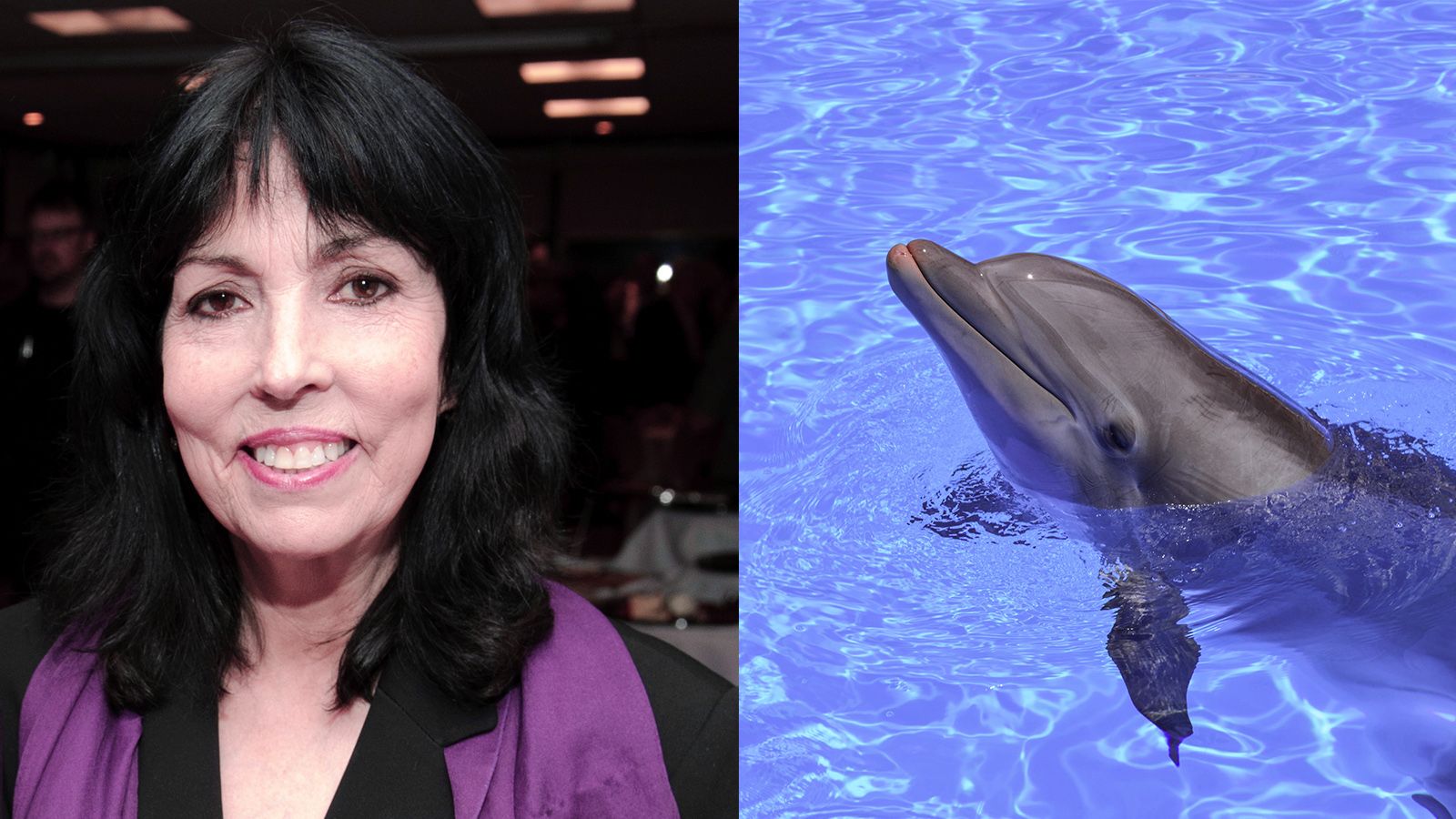This spring, Hunter College’s physical campuses are closed and quiet, as students, faculty, and staff work remotely during the coronavirus pandemic—but there’s also a hub of activity online through Hunter@Home, a new series of online programs that bring learning not just to the college’s enrolled students, but to the entire Hunter community and beyond.
With a series of interactive Zoom lectures, discussions, and readings, Hunter@Home offers New Yorkers—and anyone with an Internet connection—the opportunity to learn from and engage with Hunter’s distinguished faculty members, as they share their research and answer questions from the online audience. Hunter@Home spotlights Hunter’s most sought-after professors and welcomes guest speakers and panelists to engage with them and their work.
For audience members who are sheltering in place—or for essential workers still venturing out into the world and looking for a treat at the end of the day—the series offers a range of programming. “We will be presenting up-to-the-minute public health discussions about the pandemic itself and all the corollary issues that radiate from the crisis,” said Hunter College President Jennifer J. Raab in introducing the first program. “We will also try for some much-needed change of pace, like poetry readings, history lectures, and even discussions about animal behavior.”
The series kicked off on April 16 with a conversation between David Himmelstein and Steffie Woolhandler, Distinguished Professors of the Hunter College Department of Public Health, and Philip Alcabes, Professor of Public Health and Director of the bachelor’s degree program in Public Health, in a program titled “The Reality of the Coronavirus Pandemic for the American Medical System.”
“There has never been a pandemic when information spreads instantaneously, globally,” said Professor Alcabes. “Information is far faster than thought nowadays, and that means that it’s faster than knowledge.” Professors Alcabes, Himmelstein, and Woolhandler aimed to slow down the discourse and take a wider view of the crisis. Using Zoom’s screensharing capabilities, audience members followed along with the charts and notes that guided their perspective. “What we need to do now is get the number of new cases down to a level that the health system’s not going to be overwhelmed—and then, using lots of information about testing, about who is most likely to get seriously ill, about which jobs and whose economic activity is most essential, very carefully get people back to work.”
Other pandemic-centered talks have explored issues that are top of mind for many people looking to minimize risk of contracting the virus. On April 21, Ruth Finkelstein, the Rose Dobrof Executive Director of the Brookdale Center for Health Aging at Hunter College, and Christian González Rivera, Director of Strategic Policy Initiatives at Brookdale, were joined by Lilliam Barrios-Paoili, Senior Advisor to President Raab and former NYC Deputy Mayor for Health and Human Services, to discuss the crucial concerns surrounding the heightened vulnerability of older adults during the outbreak. And on April 29, Dr. Charles Platkin, Director of Hunter’s NYC Food Policy Center, spoke with Dr. Donald W. Shaffner, a distinguished professor of food science at Rutgers University, and food science expert Dr. Urvashi Rangan about food shopping, hygiene, and handling in a time when grocery shopping and food safety are newly fraught topics.
For those seeking distraction from coronavirus content, there was a reading from Téa Obreht, a New York Times bestselling author and Distinguished Lecturer in Hunter College’s renowned Creative Writing MFA Program; a deep dive into Vincent Van Gogh’s creative process with the renowned art historian Professor Michael Lobel; and a trip down Abbey Road with Music Professor and resident rock historian Mark Spicer, who shared his vast knowledge of the Beatles’ legacy. “During my weeks in lockdown, my record collection has been a source of great joy and solace,” said Professor Spicer. “I’ve spent many an hour immersed in deep listening to rock and pop albums that I’ve known and taught to my students for many years, but their greatness now seems more apparent.”
In a May 6 Hunter@Home lecture, Professor Diana Reiss, Director of Hunter’s Animal Behavior and Conservation Program and world expert on dolphin psychology, delved into the techniques she uses to communicate with these enigmatic, empathic animals. “I wish I could take you by the hand to meet the dolphins,” she told her virtual audience. In lieu of hand-holding, Reiss shared close-up videos of her subjects and moment-to-moment analysis of their behavior—and what that behavior reveals about their inner lives.
All of the Hunter@Home sessions include a Q&A, giving the live audience the opportunity to interact with speakers. For those who aren’t able to make the scheduled lecture times, the series is available to watch later on Hunter’s new streaming platform, Hunter on Demand.
A wealth of other Hunter programs is also available in online archives. Over the years, the Hunter College Roosevelt House Public Policy Institute has presented dozens of extraordinary in-person lectures, conversations, and panels with human rights experts, politicians, authors, artists, and leaders in business, culture, and government. All these programs can now be experienced again—or for the first time. And the Distinguished Writers Series, which brings luminary authors to the Hunter campus to read from and discuss their recent work, can be heard on Hunter’s livestream, including this recent talk by Lisa Brennan-Jobs, author of Small Fry, a memoir about her complicated relationship with her tech genius father, Steve Jobs.
Future Hunter@Home programs include talks with historians, authors, and scientists. In the weeks and months to come, Hunter’s online presence will continue to create space for conversation and connection, keeping the college community close even as social distancing continues. “I know we will be seeing each other soon on the other side of this crisis, when the world returns to where it was a few short weeks ago,” said President Raab. In the meantime, there’s a lot to see @Home.


